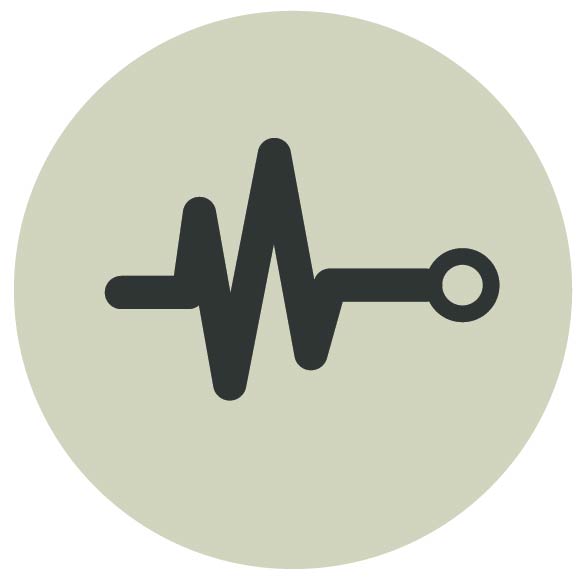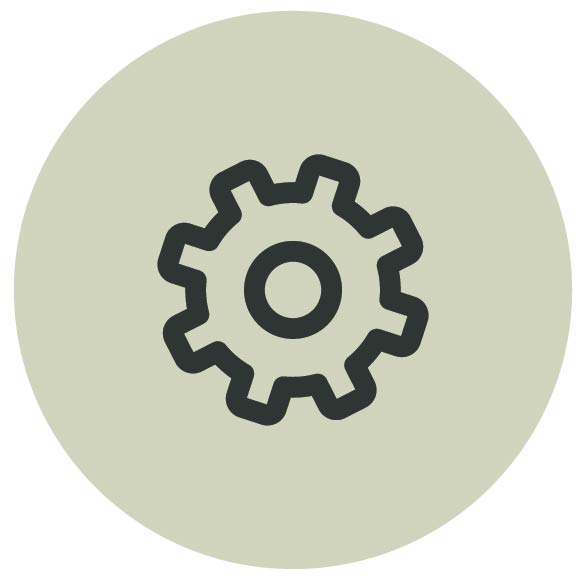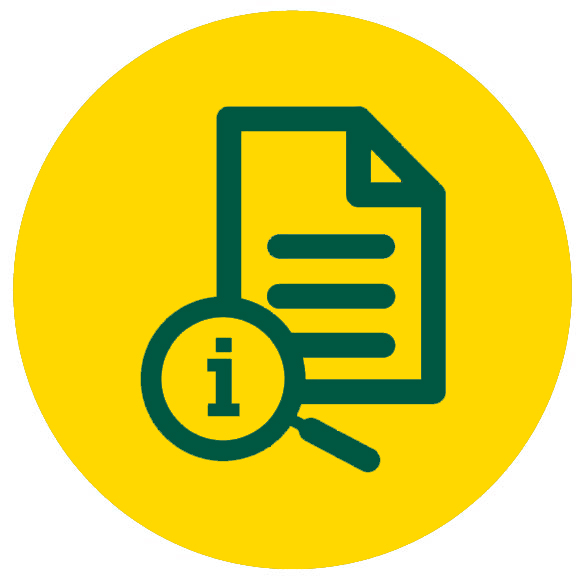Foetal Alcohol Spectrum Disorder (FASD) is is a lifelong neurodevelopmental condition and is caused by being exposed to alcohol while in the womb. Alcohol in the mother's blood passes to her baby through the placenta and can cause damage to cells in their brain, spinal cord and other parts of their body, and disrupt their development in the womb.
The content on this page is provided solely for information purposes and provides an overview of the subject matter covered - it has kindly been reviewed by FASD Ireland. It is not a substitute for professional medical advice, diagnosis or treatment. If you think you have FASD, please seek further information. The information on this page is subject to change without notice.
FASD is an invisible disability
 FASD is estimated to be 3-4 times more prevalent than Autism Spectrum Disorders
FASD is estimated to be 3-4 times more prevalent than Autism Spectrum Disorders Globally over 7 people per 1000 are estimated to have FASD
Globally over 7 people per 1000 are estimated to have FASD Around 50% of all people with FASD have attention-deficit hyperactivity disorders
Around 50% of all people with FASD have attention-deficit hyperactivity disorders Less than 10% of people on the FASD spectrum have distinct facial features
Less than 10% of people on the FASD spectrum have distinct facial features Over 400 conditions co-occur with FASD
Over 400 conditions co-occur with FASD 90% of individuals with FASD also experience mental health issues
90% of individuals with FASD also experience mental health issues No amount of alcohol is safe to drink in pregnancy or when trying to conceive.
No amount of alcohol is safe to drink in pregnancy or when trying to conceive. FASD stats & facts poster Download here
FASD stats & facts poster Download here
When a pregnant woman drinks alcohol, the alcohol in her blood passes through the placenta into the developing foetus first before passing to the mother. The developing foetus is completely unprotected from alcohol circulating in its blood system and cannot filter out the toxins from the alcohol because it does not yet have a functioning liver. This exposure to alcohol puts the developing foetus at risk of damage to the developing brain, delayed physical development, poor motor skills and emotional and mental health difficulties. Although the brain is particularly vulnerable to the effects of alcohol exposure, FASD is a full-body diagnosis that can include more than 400 known conditions impacting almost every part of the body.
Most counties warn against couples consuming alcohol if they are trying for a baby or if the woman is already pregnant. A typical example of this was published in 2016 by the UK Chief Medical Officer, which states, “If you are pregnant or trying to conceive the safest approach is not to drink alcohol at all.” All types of alcohol can destroy brain cells and damage the nervous system and other organs of the baby at any point during the nine months of pregnancy (including before pregnancy is confirmed).
FASD is a lifelong condition
Foetal Alcohol Spectrum Disorder (FASD) has lifelong implications and is associated with a wide range of physical, mental and behavioural conditions as well as learning disabilities. The symptoms are permanent and can include:
FASD may sometimes be diagnosed when the baby Is born due to distinctive facial features, known as 'facial dysmorphia'. Most cognitive and behavioural attributes of FASD will start to appear from the age of 5 and will be fully recognisable by the age of 10.
Each individual with FASD is unique
FASD is a spectrum disorder so life can be very different for each person. An early diagnosis and appropriate support can help limit challenges associated with the condition and the impact they have on daily life, for instance with the ability to organise, plan and carry out a set of tasks in an efficient manner.
Effects on and barriers faced in daily life
- lack of general acknowledgement and understanding about FASD
- crowded and loud environments or experiences and lack of quiet spaces
- difficulty accessing support and/or benefits for health, education, social care, housing, and other financial support
- difficulties with time management and planning leading to unreliability and getting to places on time
- concerns about job and employment prospects as a result of having FASD
- co-workers and supervisors who may not be aware of how FASD can impact a colleague
- a delay in being able to process any single instruction, as well as extreme difficulty managing and remembering multiple instructions at a time.
Assistance and support you can offer
Don't judge: living with FASD is difficult enough without being judged. A simple and easy way to provide support is to always offer reassurance.
- use clear, concrete language and avoid referring to intangible qualities, ideas, and concepts
- ask how you can help if you are arranging an appointment and
- give any instructions in bite size chunks of single tasks and expect a short delay before the instruction is acted upon. The instruction will have been heard, it is being processed. Do not repeat the instruction , rather wait until you can see it is being responded to as this may overwrite your original request and could cause a negative response
- break down all instructions so they are clear and to the point
- individuals with FASD may need extra assistance planning, remembering, and getting ready for appointments and time dependent activities.
- arrange meeting or events that avoiding travelling during rush hour or busy times in venues and consider using visual reminders in your planning: for instance a photo of the place you are meeting at
- consider providing a calm, quiet space
- be aware that sensory items may help, such a spinner rings or the use of headphones in busy places
- enable them to stay with their companion at all times: people with FASD often need support from someone they trust, such as a parent or carer, to help them understand their environment and decode information
- if you are providing information, offer to video it on a phone so they can watch it again later
- break down all instructions so they are clear and to the point
Sources:
Adoption UK https://www.adoptionuk.org/
Know FASD http://knowfasd.ca/
FASD Awareness fasdawareness.org.uk/
FASD Ireland https://www.fasdireland.ie/
National Organization on Fetal Alcohol Syndrome https://nofas.org/
NHS UK https://www.nhs.uk/conditions/foetal-alcohol-syndrome/
Sign https://www.sign.ac.uk/
The Canada Fetal Alcohol Spectrum Disorder Research Network https://canfasd.ca/
The Conversation https://theconversation.com/how-foetal-alcohol-spectrum-disorders-could-be-a-hidden-epidemic-52835
The National Organisation for FASD https://nationalfasd.org.uk/
Look out for these Sunflower icons

I have accessibility needs I may need more time
I may need more time I need a quiet/safe place
I need a quiet/safe place I have a carer/personal assistant
I have a carer/personal assistant I am sensitive to sound
I am sensitive to sound I am sensitive to light
I am sensitive to light
 I am sensitive to smell
I am sensitive to smell I have a hidden disability
I have a hidden disability
The content on this page is provided solely for information purposes and has been kindly reviewed by FASD Ireland (Dec 2021). If you think that you. or someone you care for, has FASD, please seek further information
For further information, please visit FASD Ireland:
FASD Ireland is a not-for-profit organisation, established in September 2021 and exists to be the 'go to' hub for everyone living with FASD, including families, carers, teachers and the wider community across Ireland.
FASD Ireland is committed to raising awareness of FASD across Ireland, to break down barriers and be a catalyst for everyone with FASD to be able to live the life they strive for.
We will work tirelessly to challenge and lobby Government to legislate and implement practical strategies that will reduce and prevent FASD in Ireland. FASD is Ireland's most preventable neuro-developmental disability.


